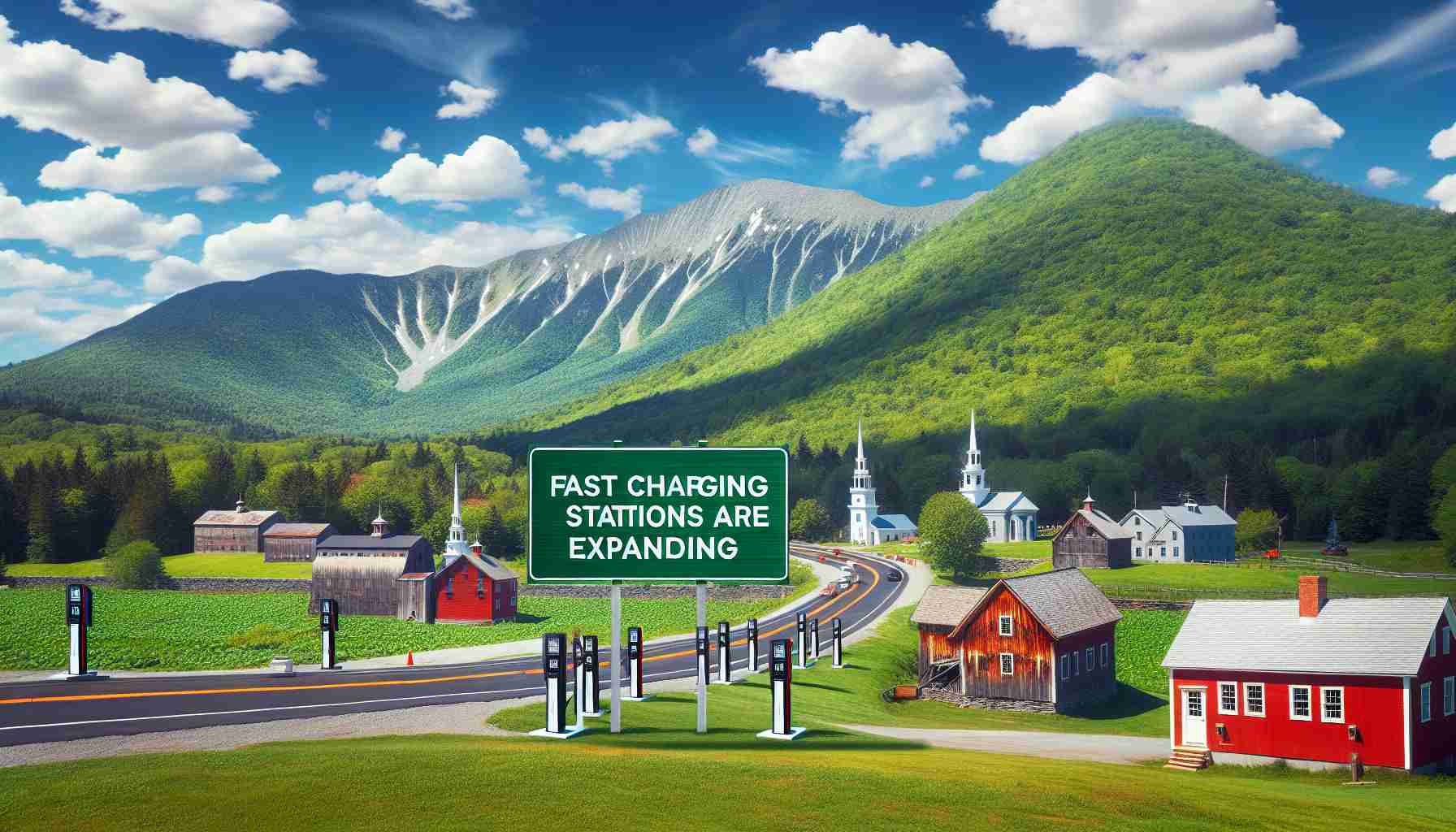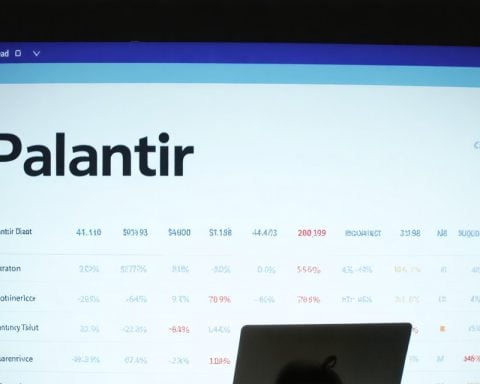Vermont is stepping up its electric vehicle infrastructure. The state’s Agency of Transportation has announced a significant initiative to enhance fast-charging capabilities across Vermont, with the unveiling of 11 new projects.
This initiative includes a substantial investment of $13 million, which will introduce 60 new level 3 electric vehicle chargers. These stations promise a charging speed of at least 150 kilowatts per hour, allowing EV drivers to recharge in just 20 minutes—much quicker than the hour or more required at typical level 2 chargers.
Strategically placed for convenience: The new chargers will be located in key areas such as downtown centers, local businesses, and popular shopping destinations. This thoughtful placement aims to ensure that EV users can easily access charging stations as they go about their day.
In collaboration with various partners, including businesses and utility providers, the Vermont Agency of Transportation is working to create a network that connects local EV drivers with a broader national charging infrastructure. This effort advances Vermont’s commitment to supporting electric vehicle use and environmental sustainability.
This summer, Vermont made headlines by becoming the sixth state in the U.S. to install fast chargers under the National Electric Vehicle Infrastructure program, marking a significant step forward in the region’s embrace of electric mobility.
Vermont’s Charge Ahead: Boosting EV Infrastructure with Fast Chargers
Vermont’s Electric Vehicle Infrastructure Initiative
Vermont is making substantial strides in enhancing its electric vehicle (EV) infrastructure with a groundbreaking initiative from the state’s Agency of Transportation. The recent announcement reveals plans for an impressive $13 million investment aimed at installing 60 new level 3 electric vehicle chargers across the state. This strategic development is set to transform the EV experience for residents and travelers alike.
Key Features of the New Charging Stations
The newly introduced fast-charging stations are designed with cutting-edge technology, offering charging speeds of at least 150 kilowatts per hour. This allows EV drivers to recharge their vehicles in approximately 20 minutes— a significant improvement compared to the 1 hour or more typically required at standard level 2 chargers. The speed and efficiency of these chargers mark a pivotal advancement in the state’s EV infrastructure, making electric vehicles more practical for everyday use.
Strategic Locations for Maximum Accessibility
These new chargers will be strategically situated in high-traffic areas such as downtown centers, local businesses, and popular shopping destinations. This thoughtful placement is intended to provide convenient access for EV drivers, ensuring they can charge their vehicles while engaged in daily activities. By integrating charging stations into urban environments, Vermont is positioning itself as a leader in promoting electric mobility.
Collaboration for a National Charging Network
The Vermont Agency of Transportation is partnering with various stakeholders, including local businesses and utility providers, to create an extensive EV charging network. This collaborative effort aims to connect local EV drivers with a more comprehensive national charging infrastructure, significantly enhancing the usability and accessibility of electric vehicles across the state and beyond.
Vermont’s Commitment to Sustainability and EV Adoption
The state’s proactive approach underscores Vermont’s commitment to sustainability and the promotion of electric vehicles as a viable alternative to traditional fossil fuel-powered transportation. This initiative also aligns with broader environmental goals, contributing to the reduction of greenhouse gas emissions and supporting a cleaner, more sustainable future.
Innovations and Trends in EV Charging
The installation of these fast-charging stations comes at a time when the EV market is experiencing rapid growth. More consumers are considering electric vehicles, driven by advancements in battery technology, increasing fuel prices, and heightened awareness of environmental issues. Vermont’s initiative reflects a significant trend toward expanding EV infrastructure to meet growing demand.
Predictions for the Future of EV Adoption in Vermont
As the number of electric vehicles continues to rise, Vermont’s investment in fast-charging stations is poised to play a critical role in facilitating this transition. The state’s commitment to expanding its charging infrastructure is expected to encourage even more residents to consider EVs, leading to greater adoption rates and an overall reduction in carbon emissions.
Potential Limitations and Challenges
While the initiative marks an important step forward, challenges may arise, including the need for ongoing maintenance of charging stations, variability in charging speeds, and the integration of renewable energy sources. Addressing these issues will be crucial for ensuring the long-term success of Vermont’s EV infrastructure.
Conclusion
Vermont’s ambitious plan to enhance its electric vehicle infrastructure not only represents a significant investment in sustainability but also positions the state as a forward-thinking leader in the transition to electric mobility. With strategic planning and collaboration, Vermont is set to drive the future of electric transportation.
For more information on Vermont’s transportation initiatives, visit the Vermont Agency of Transportation.


















